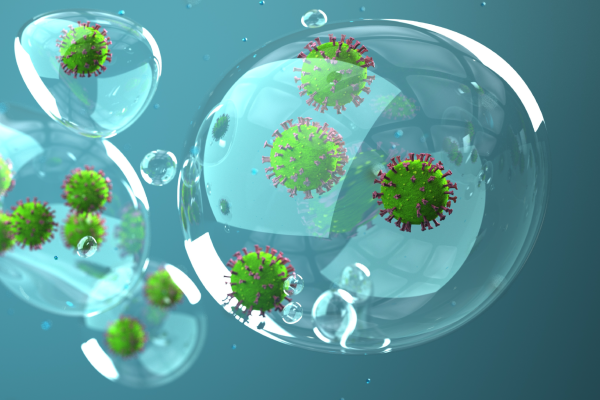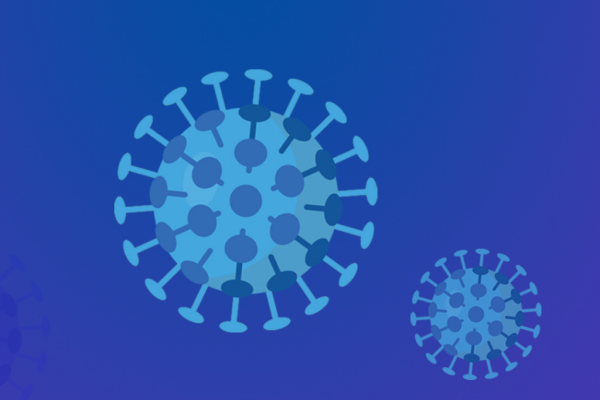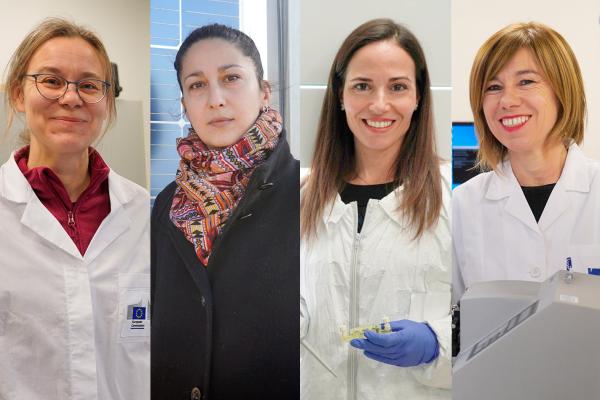
According to official statistics, the EU still uses millions of animals every year for research and testing. Apart from growing ethical concerns, significant advances in biotechnology and computing are also fuelling the desire to use non-animal methods in science.
The complete phasing out of animal testing is the ultimate goal of the related EU policy. The pioneering efforts of JRC scientists at its European Union Reference Laboratory for alternatives to animal testing (EURL ECVAM) in advancing science without the use of animals have been instrumental in moving us closer.
ECVAM’s 2023 achievements are summarised in a new report, and we offer here a glimpse of some of the highlights.
Building trust in innovative methods for assessing chemical safety
Validating innovative methods is a key step to ensure they meet the rigorous standards required by regulatory bodies, facilitating their acceptance and integration into regulatory frameworks.
ECVAM, together with its EU Network of Laboratories for the Validation of Alternative Methods (EU-NETVAL), has just completed its largest ever validation study of 18 in vitro methods to identify chemicals that can potentially disrupt the thyroid hormone system, causing a range of serious health effects in humans and wildlife. Making such a battery of tests available will not only avoid the use of animals, but will also fill protection gaps related to endocrine disrupting chemicals.
The most promising methods have now been submitted to the OECD for expert review and consideration for inclusion in international test guidelines, paving the way for their regulatory acceptance in over 37 countries.
ECVAM also started the validation of a scientific test for the rapid identification of chemicals that interfere with male sex hormones, crucial for preventing potential adverse health effects such as reproductive impairment.
In parallel, ECVAM has taken the lead together with the USA and the Netherlands to update pivotal OECD guidance (PDF) on the validation and international acceptance of new and updated test methods for hazard assessment. This responds to persistent calls to modernise approaches to validation to improve efficiency, maximise regulatory impact and attract much greater investment.
Educating the next generation about alternatives to animal testing
EURL ECVAM is passionate about providing educational resources to students and teachers in schools and universities to bring the 3Rs - Replacement, Reduction and Refinement of animal procedures – into the classroom in exciting and relevant ways.
One exciting example is a new virtual reality application that runs on gaming-type headsets. Developed within a project instigated by the European Parliament, it engages students aged between 14 and 18 years old by transporting them into a space-age laboratory where they must tackle a series of ‘hands on’ challenges to set up and carry out their own in vitro experiment using human cells in a dish.
In May 2023, ECVAM held the fourth edition of its JRC Summer School on non-animal approaches in Science, welcoming 120 international students and early career scientists. The highly interactive programme combined expert lectures, roundtables, flash presentations and debates, providing a rich learning experience and a unique opportunity for peer-to-peer networking.
Faster progress through collaboration
Bringing new non-animal approaches into mainstream research and testing requires strong partnerships between multiple communities, working together to maximise impact and make best use of resources. For example, ECVAM is heavily involved in the EU-funded ASPIS cluster, which brings together more than 70 scientific organisations across 16 countries of the EU, the United Kingdom and the United States in three complementary projects, all focusing on delivering a blueprint for chemical safety assessment based solely on non-animal methods.
The JRC has also established a formal collaboration with PARC, the major public-public partnership co-funded by the EU and member states to the tune of EUR 400 million. PARC is a seven-year initiative that involves 200 institutions from 28 countries, working on next-generation chemical risk assessment to provide better levels of protection for human health and the environment. Through this collaboration, ECVAM is supporting several PARC projects focusing on using non-animal methods within integrated approaches to testing and assessment.
New opportunities for collaboration between stakeholders will soon emerge too as the Commission develops its roadmap towards ultimately phasing out animal testing for chemical safety, as proposed in its Communication responding to the recent European Citizens’ Initiative "Save Cruelty-Free Cosmetics – Commit to a Europe without Animal Testing".
Related links
Details
- Publication date
- 12 March 2024
- Author
- Joint Research Centre
- JRC portfolios




